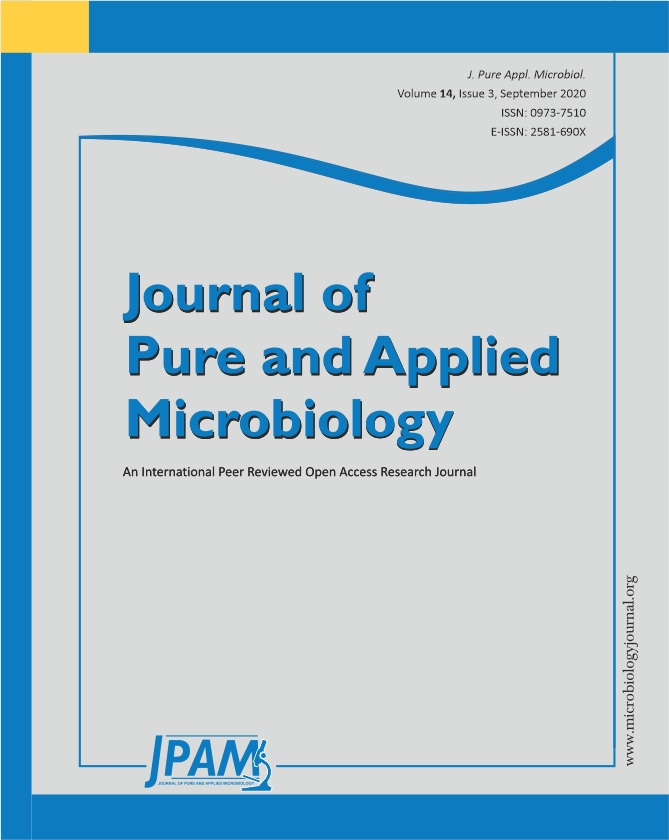The release of various chemical substances by human activities in soil leads to change its soil properties and affect the life of microbes, plants and animals including human. Microorganisms, especially fungi play an important role in soil fertility and various biochemical features, which is affected by the contamination of heavy metals and Organo-chlorine compounds including herbicides. Therefore, the present study was focused on the bio-diversity of fungi from soil samples collected from leather industry (6 samples) and paddy field (6 samples) environment. Further, the frequently occurring species named Aspergillus terreus from the above soil was studied in vitro for the growth tolerance of chromium and herbicide (Pretilachlor) at various concentrations amended in PDA medium. The results indicated that the fungi such as A. niger, A. glaucus, A. terreus, A. nidulans, A. flavus, curvularia sp, Penicillium sp and sterile mycelia fungi were mainly present in the above soil samples. For quantitative pattern, leather industry soil showed 4,100 cfu/g to 30,600 cfu/g with an average of 16,896 cfu/g whereas the paddy field soil had 14,700 cfu/g to 33,720 cfu/g with an average of 22,215cfu/g. However, A. terreus and A. niger were present remarkably in the above soil samples. Hence, for the study of in vitro tolerance of chromium by A. terreus, the increased concentrations such as 100ppm to 500ppm, the growth observed as in the decreasing level, whereas above 500ppm, growth is completely suppressed. But, for the herbicide amendment in Potato dextrose broth, the fungi able to grow up to 1000ppm with decreasing level. The present study concludes that the species A. terreus could be an effective microorganism to degrade herbicide (pretilachlor) and moderately for chromium in the soil environment.
Soil fungi, Paddy field, Leather Industry, Aspergillus terreus , Herbicide, Chromium, PDA
© The Author(s) 2020. Open Access. This article is distributed under the terms of the Creative Commons Attribution 4.0 International License which permits unrestricted use, sharing, distribution, and reproduction in any medium, provided you give appropriate credit to the original author(s) and the source, provide a link to the Creative Commons license, and indicate if changes were made.


